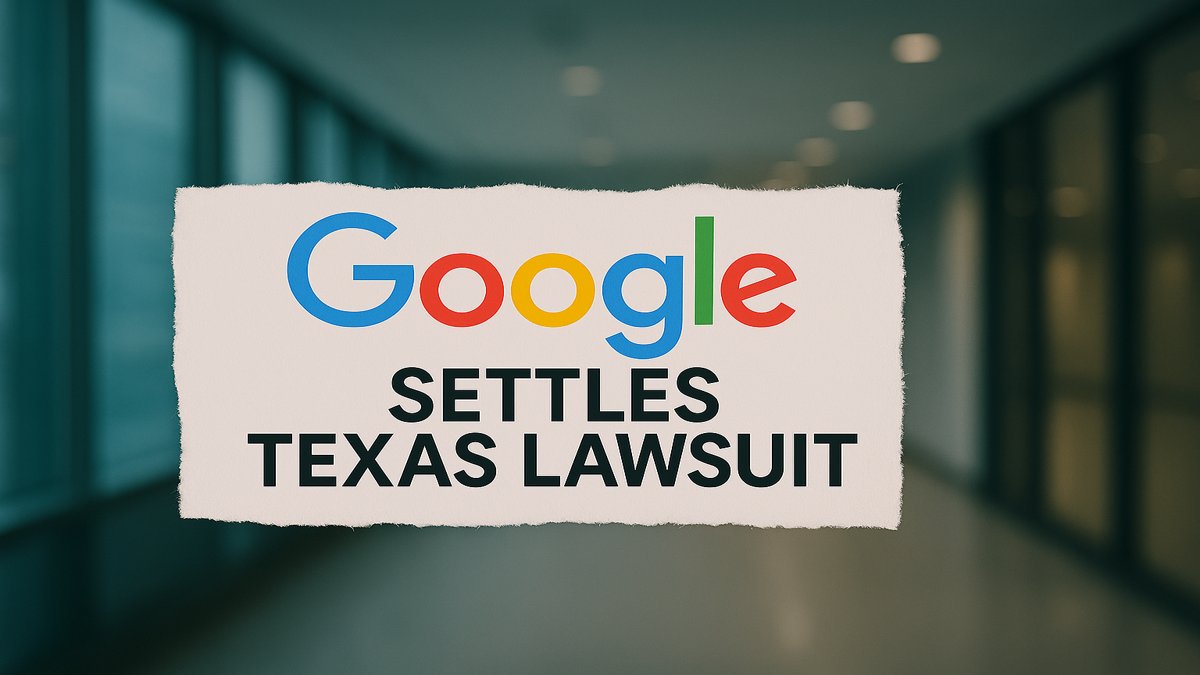Google has reached an unprecedented settlement with the state of Texas, agreeing to pay nearly $1.4 billion to resolve two lawsuits accusing the company of unlawfully tracking users’ locations and maintaining their biometric data without consent. The $1.375 billion settlement stands as one of the largest privacy-related fines imposed on the tech giant to date.
This substantial payment surpasses any previous settlements Google has made to settle similar legal actions taken by other states. In November 2022, the company settled a case with a coalition of 40 states for $391 million. Following that, in January 2023, Google paid $29.5 million to Indiana and Washington, and later in September, it forked out another $93 million to settle with California over privacy practices.
The legal challenges stem from allegations filed in 2022 regarding Google’s deceptive practices in tracking user data. A statement from Texas Attorney General Ken Paxton highlighted that Google had been tracking individuals’ movements, private searches, and even their biometric information, such as facial geometry and voiceprints, without properly informing users. The lawsuits claimed that Google tracked users’ locations even when they had disabled the Location History feature and collected sensitive data without explicit consent. (source)
Paxton emphasized the significance of this settlement, stating it represents a victory for Texans’ privacy rights and serves as a warning to corporations that misuse personal data will come at a significant cost. Following the lawsuit, Google announced plans to enhance its privacy controls, aiming to store Maps Timeline data locally on users’ devices, thereby reducing concerns about data retention on their servers. (source)
In a broader context, the settlement reflects ongoing regulatory pressures on Google, which is currently facing scrutiny from antitrust agencies in both Europe and the United States. The tech giant is being urged to reconsider its business practices, with some policymakers advocating for a potential breakup of certain divisions to promote fair competition in the tech market. (source)

